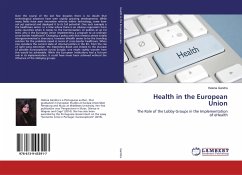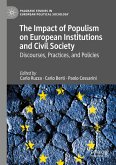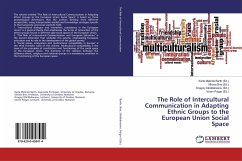Over the course of the last few decades there is no doubt that technological advances have seen rapidly growing developments. While many fields have seen innovative reforms within technology, some have not yet explored and deployed it to its full potential. One such example is the healthcare sector. In a time where there is an obvious regression from some countries when it comes to the harmonisation of policies at an EU level, why is the European Union implementing a program to co-ordinate cross-border healthcare? Changing a policy area that remains almost totally intergovernmental is strenuous, however eHealth seems to be the trending solution for the problems raised in terms of cross-border healthcare. When one considers the current state of internal politics in the EU, from the rise of right wing extremism, the impending Brexit and indeed to the increase of possible euroscepticism across Europe, one might rightly wonder how this would be achievable. While the European Institutions had a fulcrum role in its implementation, it could have never been achieved without the influence of the lobbying groups.








